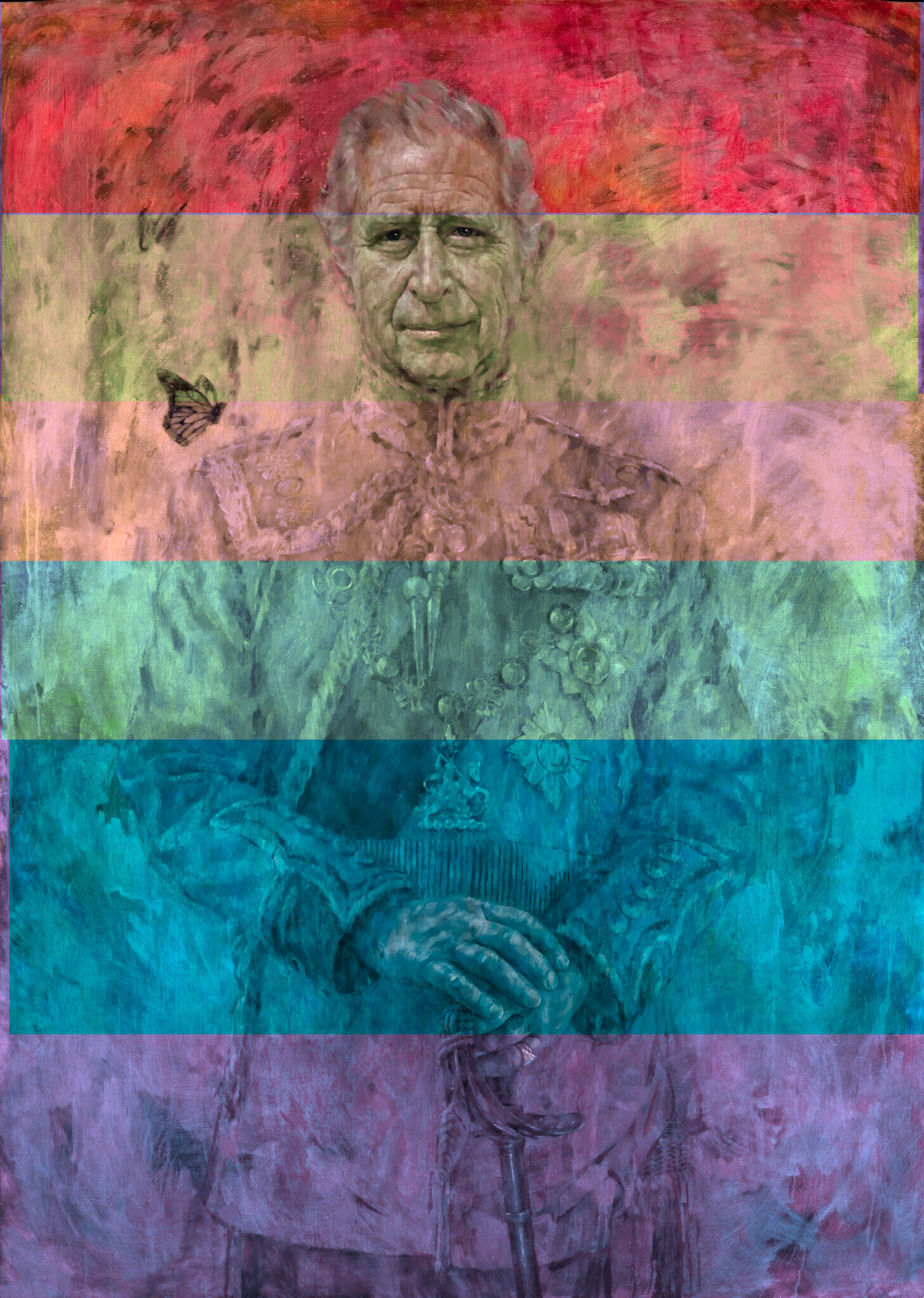Most AES countries use a bench trial system for criminal law, but this seems like possibly taking power away from the workers in important matters. What was the thought process behind using bench trials for criminal court in AES nations?
(For reference, a bench trial is where one or more judges/magistrates decide the outcome of a trial as opposed to a jury of people)
Out of curiosity, I googled China’s system. It appears that for serious criminal trials, they bring in people called “assessors” who form a panel with the judge. If the panel is a panel of 7, then the assessors are the finders of fact, whereas the judge is the finder of law. The assessors are randomly selected (although there is a final appointment process once the random list has been generated) and the criteria for selection explicitly excludes lawyers.
So, these assessors effectively are just jurors like we have in a US court system.
In my opinion: The role of a court is to uphold the law, interpreting the legal code or relevant cases in statutory or common law jurisdictions, respectively.
If the workers have had full power in drafting the legal code, so that it is purely proletariat in spirit and content, and the judges or magistrates have been appointed by the workers or their representatives, I believe it is better to have people less susceptible to manipulation tactics by counsel, or to be less aware of implicit biases that may lead to unjust outcomes.
If the law is just, bench trials would lead to fairer results than jury trials, in my very uninformed opinion.
Not sure if I agree or disagree but it’s a reasonable take. One would hope that judges would have a deeper training in things like biases and the law itself, of course. Tossing a bunch of random into the middle of the process can gum it up in that way. I thought that the post above in this thread where in China the jury are “finders of fact” was an interesting compromise.
The bigger difference is whether the system is inquisitorial or adversarial. I’m guessing AES countries are inquisitorial because of the French influence.
The role of public prosecutors may differ depending on the legal tradition adopted in a particular country. Two types of legal traditions dominate the nature of investigation and adjudication around the world: adversarial and inquisitorial legal systems. Common law countries use an adversarial system to determine facts in the adjudication process. The prosecution and defence compete against each other, and the judge serves as a referee to ensure fairness to the accused, and that the legal rules criminal procedure followed. The adversarial system assumes that the best way to get to the truth of a matter is through a competitive process to determine the facts and application of the law accurately.
The inquisitorial system is associated with civil law legal systems, and it has existed for many centuries. It is characterized by extensive pre-trial investigation and interrogations with the objective to avoid bringing an innocent person to trial. The inquisitorial process can be described as an official inquiry to ascertain the truth, whereas the adversarial system uses a competitive process between prosecution and defence to determine the facts. The inquisitorial process grants more power to the judge who oversees the process, whereas the judge in the adversarial system serves more as an arbiter between claims of the prosecution and defence
IMO a more inquisitorial system is necessary but not sufficient for a revolutionary society
 3·3 days ago
3·3 days agoEdit: i seem to have gotten too focused on “Most AES countries use a bench trial system for criminal law”, and answered a different question than the one you asked.
original comment
In trials the People’s Court is presided over by a judge assisted by two jurors who actually have most of the rights and responsibilities of the judge, and might, therefore, be called co-judges. The judges for the People’s Courts are elected for a one-year term by the local Soviet and may be recalled either by the same body or by the Commissar of Justice for sufficient cause. This provision for impeachability is one of the basic principles of organization of the Soviet courts.
The judges of these lower courts are representatives of the working class for they themselves are of their number. A judge (and, he seemed an adequate one), in a city court of Moscow with whom the writer talked was a baker before he took up his present profession. The qualifications of the office are that in addition to being from among the toilers the judge must have “a record of two years’ responsible work in state or workers’ and peasants’ public trade union, or party organization of the workers, or of three years’ practical work in organs of Soviet justice in the capacity of not less than judicial investigators.” Whether this may be regarded as high fitness or not, it seems to insure the selection of men of fair ability for the job. Perhaps it is that business of recall that makes them so careful, but those whom the writer saw sitting were impressive in their earnestness and efforts to arrive at a constructive sentence.
The jurors, whom we may think of as co-judges, are about 40 per cent. women and 60 per cent. men. These persons are elected by factory committees, Red Army sections, and village Soviets, and a special commission distributes the number to be elected among these various groups in the percentage of 50 per cent. to the first, 15 per cent. to the second, and 35 per cent. to the third. There are no specific qualifications, except the right to vote, but there is the restriction that “A person has no right to be a juror, if he has been expelled from a social or professional organization for a disgraceful offense or conduct, for a period of three years from the day of expulsion. . . .”
The names of the candidates for jurors are posted, and objections, if motivated, may be presented to the election committee. When the list of elected ones is finally sent to the commission, the latter prepares another list of those to serve in the various courts. Each serves for only six days of the year, and during absence from work in the act of performing this duty the worker retains his place and wage of employment.
While there seems to be no specific preparation for the task of a juror beyond the requirement that the judge explain to those who sit with him their rights and duties, there are conferences held and some evening classes which acquaint them better with the work before them.From Chapter V of Russian Justice (published 1935)
Should you wish to dive deeper into this, besides the above book, there is—I have not read it—also the book Soviet Administration of Criminal Law by Judah Zelitch, published 1931. It is a much more academic book (the work done originally for a thesis), which describes the development of the law and courts from the revolution until 1931.
Interesting, I thought the USSR used a panel of judges, but it looks like I just got terminology mixed up


